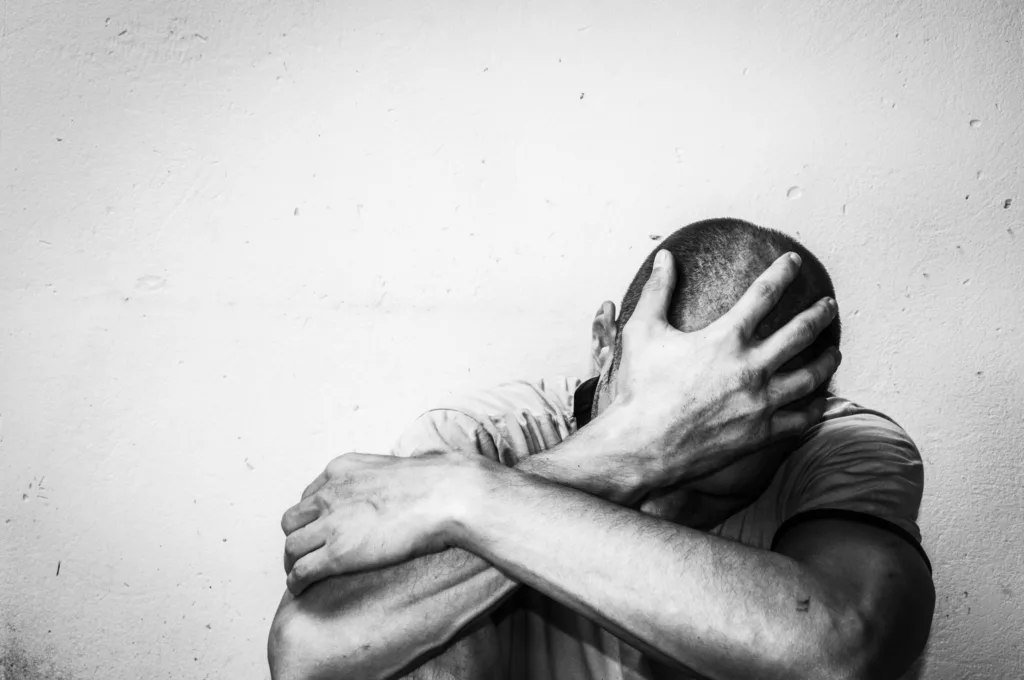The Different Ways Trauma Affects Our Lives

Trauma affects different people in many different ways.
What might be a traumatic event for one individual might not be that intense of an experience for someone else. While one person might recover from a traumatic event in a few weeks or months, others may find themselves regressing further into their suffering and unable to heal.
Trauma impacts our physical, emotional and mental health, and can lead to both short- and long-term challenges. When left untreated, these challenges can take a dangerous toll on the person, and in the worst cases, result in suicidal thoughts or actions.
Trauma can sometimes make it feel like we’re locked into the event, suspended at that moment in time, but it is something we can move forwards and fully heal from. To do that, we need to better understand how trauma affects us, so we can know when we need professional help.
Today we’re going to take a closer look at how trauma affects our mental health, as well as how these traumas influence our day-to-day livelihoods, relationships and experiences.
What are the causes of trauma?
There is no one cause of trauma, and in many cases, trauma is subjective. While many experiences would be universally considered traumatic (such as witnessing a violent crime), some experiences might be traumatic for some people but not for others.
The most common causes of trauma include:
- Physical abuse
- Sexual abuse
- Natural disasters
- Witnessing violence
- Combat experience
- Neglect or abandonment
- Medical trauma (such as from an injury or illness)
It’s important to remember that trauma can occur in just about any kind of situation, and it’s entirely possible to experience trauma as a result of many different things. If you or someone you love has experienced trauma and are struggling with its effects, reach out to us.
How does trauma affect mental health?
A person’s life after trauma changes, both in the short- and long-term, because trauma often changes the way we think, feel and behave. This is because trauma doesn’t just affect us on one level, it affects multiple (if not all) areas of our lives, balancing the state of our physical, emotional and mental health.
Individuals who experience trauma are significantly more vulnerable to developing mental health illnesses and disorders, which often cause a ripple effect of other problems. The combination of trauma and mental health challenges can lead someone to turn to unhealthy coping mechanisms, such as self-harm, drugs or alcohol. When left untreated, these actions can be incredibly dangerous, and in the worst cases, fatal, so don’t hesitate to seek professional help.
How does trauma affect our daily lives?
Trauma can have a significant impact on our daily lives, ranging from affecting how we think and feel to changing how we behave towards ourselves and others.
Trauma commonly manifests in our daily lives as intrusive (unwanted or disturbing) thoughts, avoidance behavior, hypervigilance or paranoia, difficulties connecting and communicating with others, chronic emotional distress and substance use disorders.
What are the long-term effects of trauma?
The long-term effects of trauma vary depending on the type of trauma, severity, as well as other contributing factors, such as the presence of substance use and the state of your mental health.
Some of the most common long-term effects include:
- Post-traumatic stress disorder (PTSD)
- Anxiety and depression
- The development of a substance use disorder
- Dysfunctional relationship and family dynamics
- Physical health problems
Trauma can be overwhelming and even scary to tackle on your own, and because of the often-fragile nature of mental health, seeking professional help is always recommended.
Speak with an advisor today
Pyramid Healthcare is a leading provider of client-focused, behavioral healthcare, and we specialize in helping adults recover and heal from substance use and mental health challenges.
We recognize that no two people are alike and so no two treatment plans will be alike, which is why our team works closely with each client to identify their needs and create personalized solutions. Through our customized combination of therapy, rehabilitation and telehealth services, we’ll help you foster intrinsic change in your life and ultimately, build your happiest, healthiest life.
Whether you’re ready to enroll in one of our programs or are still trying to figure out exactly what kind of support you need, we’re here to help.



